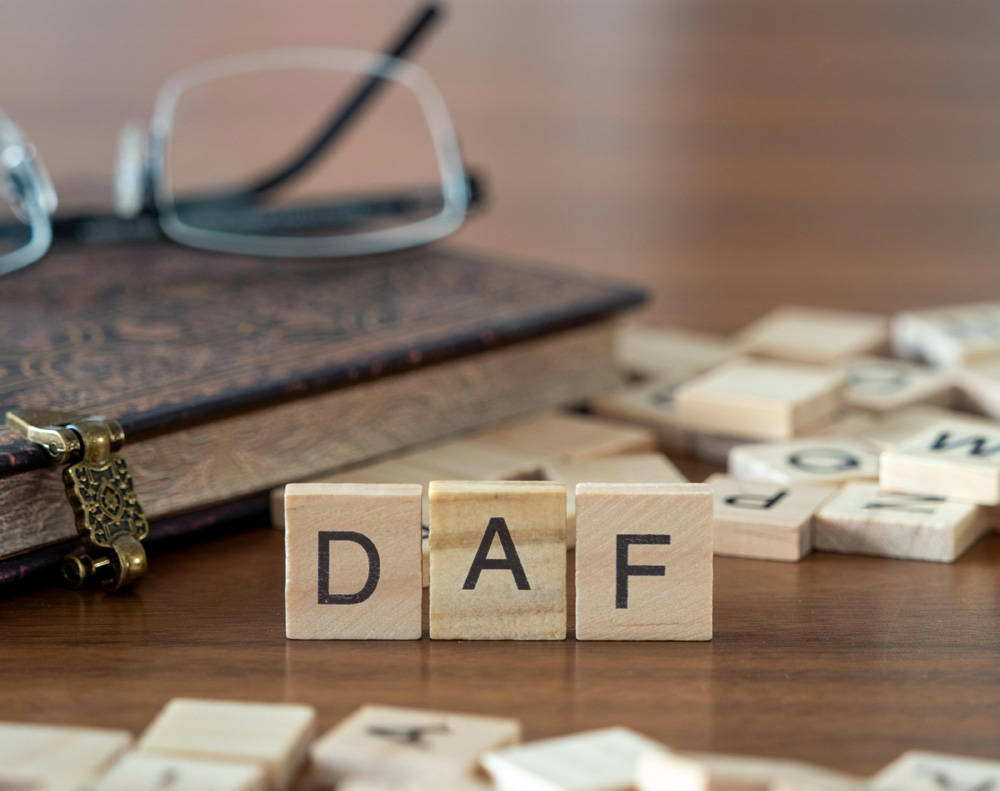
The rapidly rising popularity of Donor Advised Funds (DAFs) is causing a steady shift in how people plan their charitable giving. This seemingly sudden surge in society’s awareness of DAFs might give one the impression that DAFs are a new concept; however, that is not the case. DAFs were first created in the 1930s and gained significant traction in the early 1990s. So, why are people just waking up to the wisdom of DAFs now?
The Tax Cuts and Jobs Act of 2017 is a major contributing factor. By doubling the standardized deduction amount and reducing the deductions for itemized expenses, the law altered the way many individuals do their taxes. With little incentive to itemize deductions on tax returns, most people are no longer receiving an additional tax benefit from charitable contributions. For those wanting to steward their money well by paying less in taxes and designating more to charitable giving, DAFs are a wise solution.
Tax deduction. When you make a contribution to a DAF, you receive a tax deduction. The DAF makes it possible for you to claim a tax deduction in the year you make the contribution—not the year that the contribution is actually given to the charity. That means you could receive a substantial deduction in one year, as opposed to smaller deductions over several years. Consequently, you are free to designate a portion of your wealth to a DAF in the year you want the tax deduction, yet you will have additional years to prayerfully decide how and when the money will be released and to whom.
Capital gains. Selling an appreciated asset often means you will have to pay long-term capital gains taxes. By donating all or a portion of the investment to a DAF, instead, you’re poised to receive a charitable contribution deduction that is equivalent to the current market value of the asset you donated. Because the investment is sold within the DAF, you avoid taxes on the capital gains, which allows you more opportunities to give generously as you feel led. Note that short term assets (assets that are held less than one year) only generate a charitable deduction equal to the cost basis of the asset, not the current market value.
With a DAF, you can begin building a charitable legacy that will long outlast you, blessing generations to come. DAFs allow you to appoint trusted family members and friends to partner with you in managing future giving, which will give you peace of mind that your wealth will be wisely invested and distributed in the future.
In fact, choosing to include loved ones in the management of the DAF can be a means of spiritual growth and enrichment today, as well. As you gather to determine how to best steward your financial blessings, you create an environment where family members openly share the passions and convictions the Lord has placed on their hearts. What a beautiful way to model a life of selflessness, generosity, integrity, and discernment to those the Lord has entrusted to you.
How Can We Serve You?
The benefits of a DAF are manifold, and our team at Faithful Journey Foundation is here to give you additional information and answer any questions you may have. We believe that your family’s legacy is more than money! Let us join you in the faithful stewardship of the Lord’s provisions.



